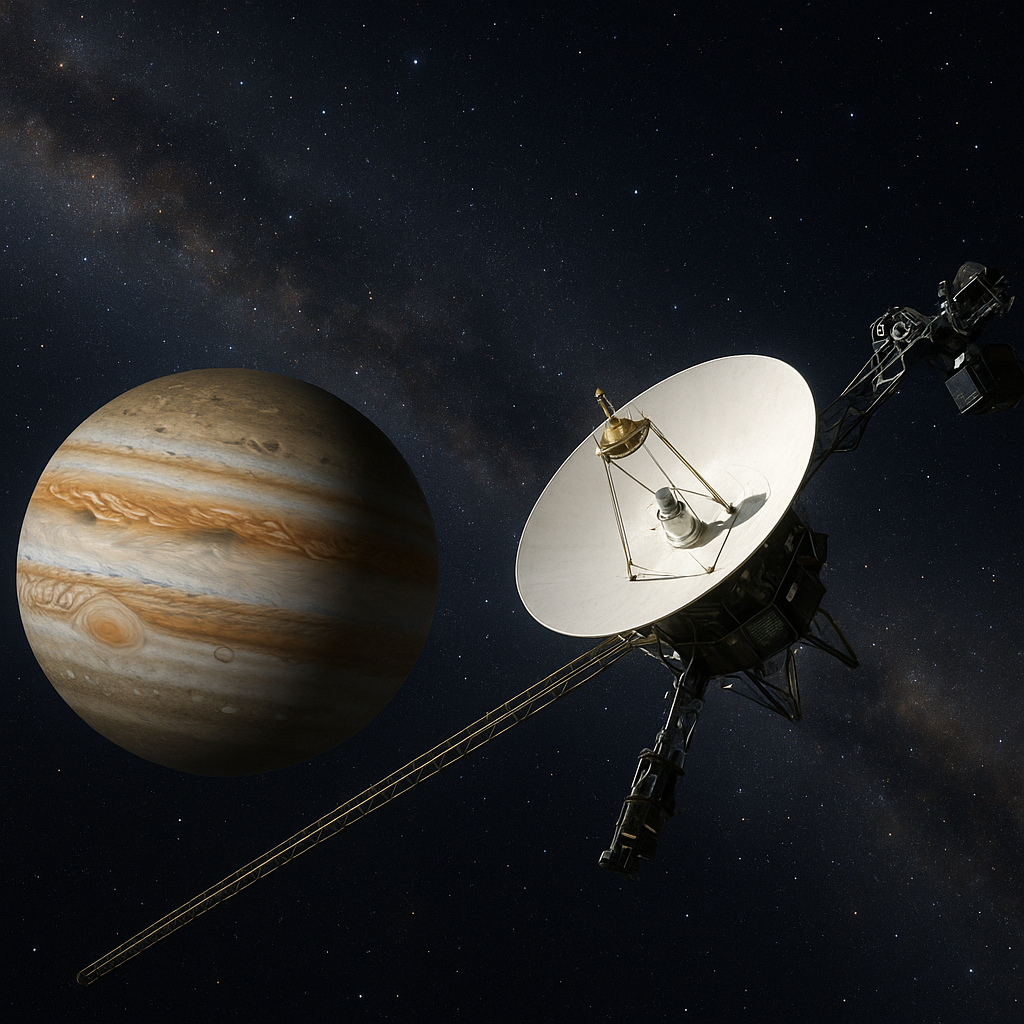Impressive agriculture is revolutionizing the way we think about food production and sustainability. As the global population continues to grow, the demand for efficient and sustainable agricultural practices has never been more critical. This article delves into the innovative techniques and technologies that are transforming agriculture, making it more productive and environmentally friendly.
Technological Innovations in Agriculture
The agricultural sector has seen a surge in technological advancements that are reshaping traditional farming methods. These innovations are not only increasing crop yields but also reducing the environmental impact of farming. One of the most significant developments is the use of precision agriculture, which involves the use of GPS technology, drones, and IoT devices to monitor and manage crops with unprecedented accuracy.
Precision agriculture allows farmers to apply water, fertilizers, and pesticides more efficiently, reducing waste and minimizing the ecological footprint. Drones equipped with multispectral cameras can survey large areas of farmland, providing detailed data on crop health and soil conditions. This information enables farmers to make informed decisions, optimizing resource use and improving crop yields.
Another groundbreaking technology is vertical farming, which involves growing crops in stacked layers, often in controlled indoor environments. This method maximizes space usage and allows for year-round production, regardless of external weather conditions. Vertical farms use hydroponics or aeroponics systems, which require significantly less water than traditional farming methods. By reducing the need for arable land and water, vertical farming presents a sustainable solution to feeding the growing global population.
Sustainable Practices and Environmental Impact
In addition to technological innovations, sustainable agricultural practices are gaining traction as a means to mitigate the environmental impact of farming. Regenerative agriculture, for example, focuses on restoring soil health and biodiversity through practices such as crop rotation, cover cropping, and reduced tillage. These methods enhance soil fertility, increase carbon sequestration, and improve water retention, leading to more resilient agricultural systems.
Agroforestry, the integration of trees and shrubs into agricultural landscapes, is another sustainable practice that offers numerous environmental benefits. Trees provide shade, reduce soil erosion, and enhance biodiversity, creating a more balanced ecosystem. Additionally, agroforestry systems can improve crop yields by enhancing soil fertility and providing natural pest control.
Organic farming, which avoids the use of synthetic fertilizers and pesticides, is also gaining popularity as consumers become more conscious of the environmental and health impacts of conventional agriculture. Organic practices promote soil health, reduce pollution, and support biodiversity, contributing to a more sustainable food system.
As the world faces the challenges of climate change and resource scarcity, impressive agriculture offers promising solutions to ensure food security and environmental sustainability. By embracing technological innovations and sustainable practices, the agricultural sector can continue to feed the growing global population while preserving the planet for future generations.










